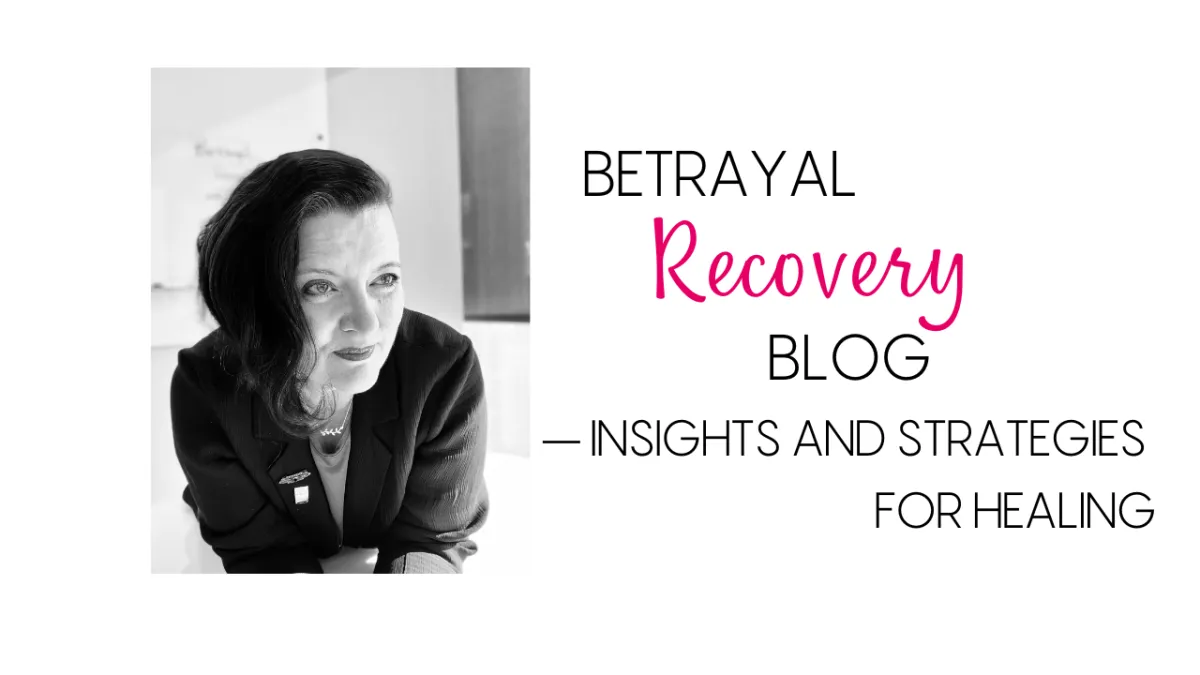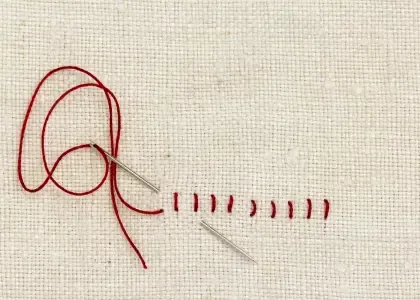Married But Lonely?
Married but lonely in Westchester County? Discover how relationship coaching helps you rebuild trust, restore connection, and reset your relationship.

In-depth Articles on Healing, Communication, and Personal Growth.

Married but lonely in Westchester County? Discover how relationship coaching helps you rebuild trust, restore connection, and reset your relationship.

Relationship help for entrepreneurs navigating stress, trust, and communication strain. A steady approach to restoring clarity and connection at home.

Are you coexisting or truly connected? A practical look at how couples rebuild closeness through everyday communication, touch, and presence.

Betrayal recovery isn’t starting over. It’s repairing what was torn, rebuilding trust through behavior, and restoring safety while deciding what comes next.



© Copyright 2017-2026. Understanding Ear LLC. All rights reserved.